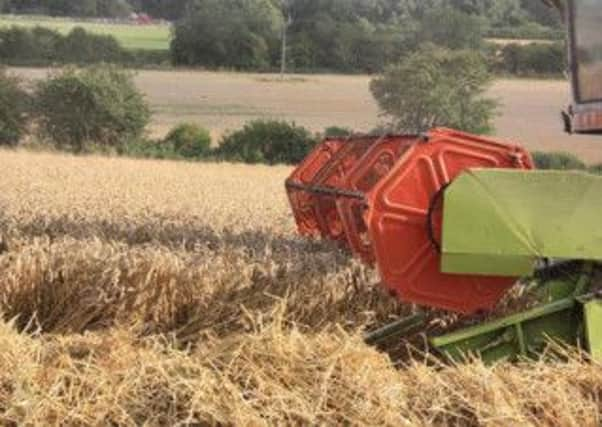Sheffield scientists say urban farms are needed to avert food crisis


They say the problem has depleted the soil of the nutrients needed to grow crops and suggest converting parts of the UK’s towns and cities into new farmyards.
Scientists from Sheffield University warn that a lack of bio-diversity is causing a dramatic fall in the country ‘s wildlife populations.
Advertisement
Hide AdAdvertisement
Hide AdA study by Dr Jill Edmondson has also found that soils under Britain’s allotments are significantly healthier than soils that have been intensively farmed.
It took soil samples from 27 plots on 15 allotment sites in urban areas. She also sampled soils from local parks, gardens and surrounding agricultural land. Compared with local arable fields, the allotment soil was found to be significantly healthier.
Professor Nigel Dunnett has highlighted the university’s Love Square project - which aims to transform a piece of wasteland in the centre of Sheffield into an eco-park as part of the solution.
He said: “With a growing population to feed, and the nutrients in our soil in sharp decline, we may soon see an agricultural crisis.
Advertisement
Hide AdAdvertisement
Hide Ad“Meanwhile we are also seeing a sharp decrease in bio-diversity in the UK which has a disastrous knock-on effect on our wildlife.
“Lack of pollinators means reduction in food.
“We need to dramatically rethink our approach to urban growing and use the little space we have as efficiently as possible.
“Cities must become places of food production. Love Square shows how we can make beautiful and productive places, rich in wildlife, and great for people, in the very heart of our cities.”
The Love Square scheme is one of five projects shortlisted for the chance to win cash from the Big Lottery Fund, through the Grow Wild initiative, led by the Royal Botanic Gardens in Kew, with the winner chosen by public vote on November 4.